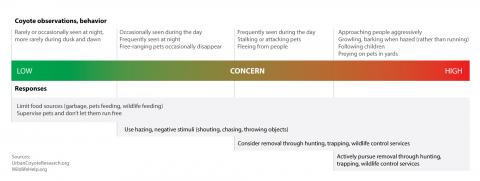Legal, Regulated Hunting in Massachusetts
Legal, Regulated Hunting in Massachusetts
The use of legal, regulated, hunting by licensed hunters can be useful for reducing local wildlife populations and can help reduce nuisance problems in Massachusetts. You can allow hunters on to your property, provide a place for them to park to access nearby forest, and/or give them permission to hunt within 500 feet of your residence. Please also keep in mind that each town may have additional by-laws that restrict hunting and the discharge of firearms.




